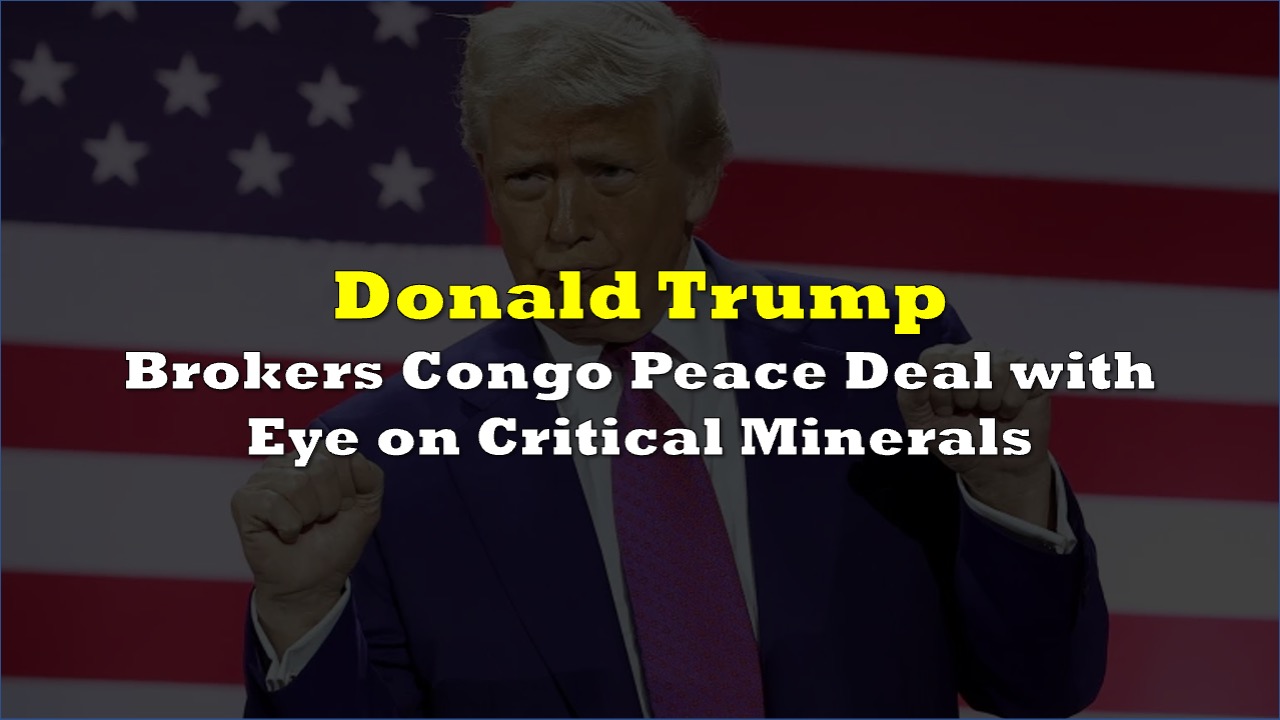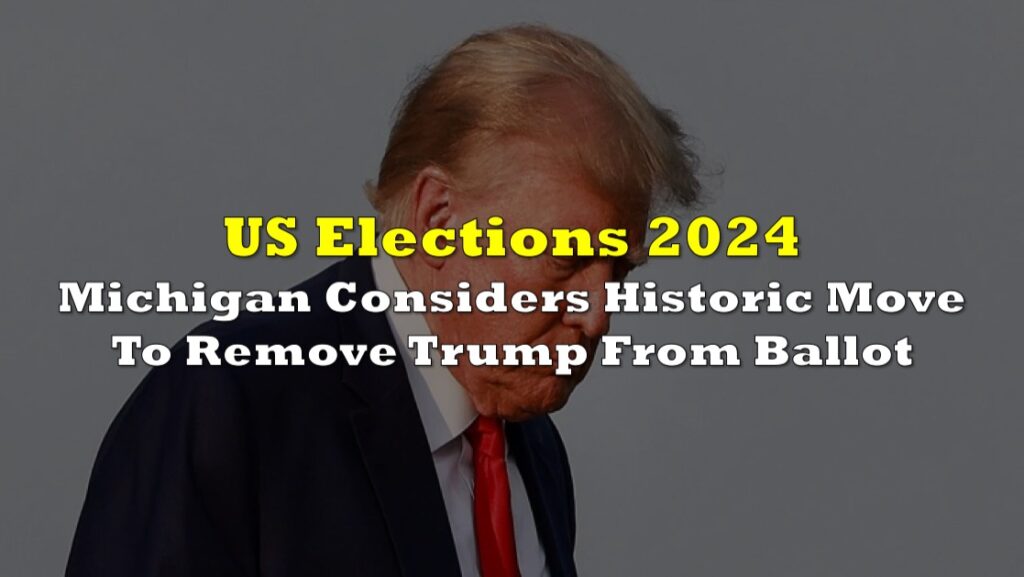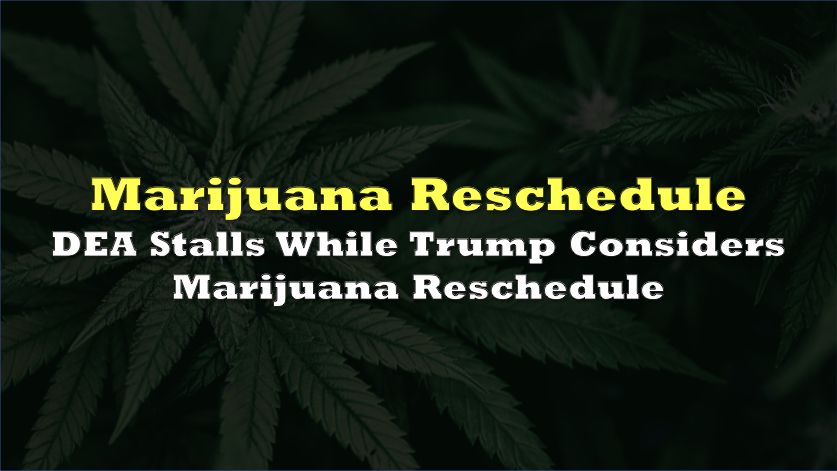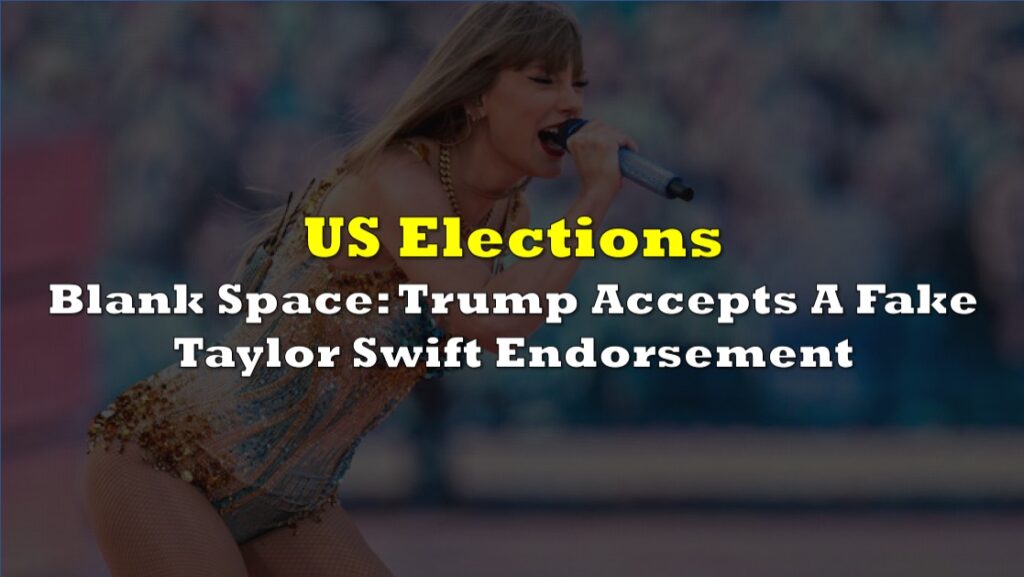President Donald Trump brokered a peace agreement between the Democratic Republic of Congo and Rwanda on Friday, explicitly linking the deal to US access to the African nation’s vast mineral wealth, critical for technology manufacturing.
The agreement, signed at the State Department by foreign ministers from both countries, aims to end fighting in eastern Congo that has killed more than 7,000 people and displaced one million since January.
“We’re getting, for the United States, a lot of the mineral rights from the Congo as part of it,” Trump said during an Oval Office meeting with the officials. “They’re so honored to be here.”
Uh-huh.
— Malcontent News (@MalcontentmentT) June 30, 2025
China controls 80% of the DRC's coltan and over 50% of the processing.
I'm sure Beijing is walking away from that. https://t.co/fzZXXV9OPC
The deal is a shift toward what administration officials call “transactional diplomacy” that explicitly ties peace efforts to economic benefits for the United States.
Eastern Congo contains vast deposits of coltan, cobalt, lithium and copper — materials essential for electric vehicles, smartphones, and military weapons systems. Chinese companies control about 80% of Congo’s cobalt production and dominate coltan processing, creating supply chain vulnerabilities for US technology companies.
Under the agreement, Congo and Rwanda will establish frameworks for expanding Western investment in regional mineral supply chains within three months. The countries must also form a joint security mechanism and implement plans for withdrawing Rwandan soldiers from eastern Congo.
Related: China Has Quietly Spent $57 Billion to Control the World’s Critical Minerals
However, many experts doubt the agreement will succeed where previous peace efforts have failed. The M23 rebel group, which Rwanda allegedly backs and controls much of eastern Congo’s mineral-rich territory, did not participate in the US-brokered negotiations. Instead, M23 has committed to separate talks mediated by Qatar.
“This is an important moment after 30 years of war,” Secretary of State Marco Rubio said before the signing. Previous peace efforts have repeatedly failed to bring lasting stability to the region.
The conflict stems from the 1994 Rwandan genocide, when Hutu militias fled into Congo and continued launching attacks. Rwanda says its forces act in self-defense against these groups, while Congo and Western powers accuse Rwanda of backing M23 rebels.
Trump’s approach marks a departure from traditional US diplomacy in Africa, prioritizing concrete economic gains over humanitarian concerns alone. The administration hopes billions in American investment will follow if peace holds.
Critics warn the deal risks becoming another form of resource extraction that benefits foreign powers rather than ordinary Congolese citizens.
Information for this story was found via the sources and companies mentioned. The author has no securities or affiliations related to the organizations discussed. Not a recommendation to buy or sell. Always do additional research and consult a professional before purchasing a security. The author holds no licenses.









